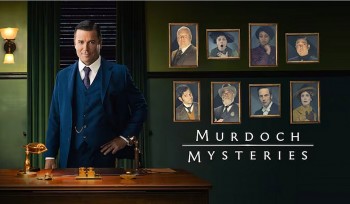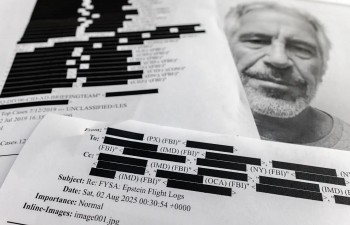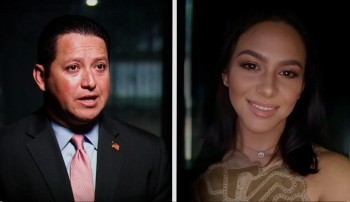Can ChatGPT Replace Doctors?
♦ Nightmare of ChatGPT: Top 7 High Paying Jobs Will Be Wiped Out
♦ Who Is Samuel Altman - Father of ChatGPT: Biography, Talent and Net Worth
 |
| Will ChatGPT Replace Doctors |
Using no textbooks, no medical school experience, the author of one study answered correctly and enough practice questions to pass the US medical licensure exam. All done with the help of ChatGPT tool. Research on the potential of this tool was then published on medRxiv, December 2022.
Experts say that this is a promising platform in the healthcare sector, but also carries many risks.
ChatGPT or Chat Generative Pre-training Transformer is a natural language processing tool, operated by artificial intelligence, launched in November 2022. It can answer users' questions in a chat form even if it has never seen a string of words or questions. The algorithm is set up to predict the keywords that will appear in the question based on the context of previous words. ChatGPT can also answer follow-up related issues, admit mistakes and reject inappropriate questions.
In fact, artificial intelligence programs have been around for a while, but ChatGPT has attracted so much interest that medical institutions, professional associations, and medical journals have formed a special group to review them. its benefits. At the same time, they want to understand the limitations as well as the moral hazard it can bring.
Dr. Victor Tseng, director of Ansible Health Hospital, and colleagues started testing ChatGPT last year. He showed interest when it correctly diagnosed patients in hypothetical situations.
"We are impressed by its flexible response and believe that it should be included in the formal evaluation process, starting to test it against the standard of medical knowledge," he said.
To dig deeper, he started using ChatGPT to take the licensure test of medical school graduates in the US. This is considered one of the most difficult exam questions, impossible to find answers on the internet. The test consists of three parts, involving scientific knowledge, medical, case management, assessment of clinical reasoning, ethics, critical thinking and problem-solving skills.
The team used 305 test questions from the 2022 sample exam, with no answers or relevant context available on Google. The authors also removed sample questions with images and graphs, and started chatting with ChatGPT based on pre-existing questions. Normally, students spend hundreds of hours preparing for exams like this.
The study found that the AI correctly answered 60% of most parts of the test without any specialized training, having "appropriate answers, demonstrating a high level of understanding".
"There are many trap questions. Searching on Google, even looking up books is very difficult. You can spend hours answering a question this way. However, ChatGPT has given the main answer. 60 percent within the allotted time," said Dr. Tseng.
ChatGPT can be used as a virtual assistant for patients, offering recommendations and advice based on medical history, current symptoms and other relevant factors.
Another potential application is the creation of personalized treatment plans. By analyzing medical history, current symptoms, and other factors, ChatGPT creates a customized course of treatment tailored to each person's specific preferences. This is particularly helpful for patients with a complex medical history, reducing the risk of adverse reactions or complications.
The tool can also assist medical professionals with everyday tasks, such as backing up medical records or generating reports.
However, ChatGPT and artificial intelligence-based tools in general still have many limitations and potential risks.
Linda Moy, a professor of radiology at the NYU Grossman School of Medicine, says everything AI-related requires a legal corridor. According to her, ChatGPT's articles may be accurate, but they are for reference only.
One of Moy's other concerns is that AI could manipulate medical data. ChatGPT's information sources are still in online repositories, such as Google. For issues with too many streams of data and misinformation, such as the Covid-19 vaccine, ChatGPT runs the risk of producing inaccurate results.
Besides, according to Dr. Artie Shen, New York University Data Science Center, AI can make a diagnosis for a disease, but the user cannot know the reason leading to these diagnoses because lack of practical theory.
According to Dr. Keith Horvath of the Association of American Medical Colleges, artificial intelligence in general is not more advanced than humans.
"Humans and machines have different advantages, which cannot work alone," he said.
Dr. Horvath says doctors have a non-linear approach to work that easily adapts to changing conditions and rapidly evolving situations. That ingenuity and flexibility are still difficult to teach to computers.
Most importantly, AI cannot replace medical ethics and empathy from doctors. "As we all know, the first thing in caring for the sick is taking care of them," Horvath said.
Conclude
So, the question is, can ChatGpt replace and take over the work of doctors in the future?
According to experts here, because AI models are still in the early stages, they have a role to support rather than replace the work of doctors for the time being. For example, Ansible uses ChatGPT to explain concepts to patients after they have been reviewed by a trained medical professional.
In the future, AI will probably be used to check health and perform general medical tasks. The direct integration of a patient's medical record is expected to bring certain benefits as there are times when doctors do not have enough time to review a patient's history.
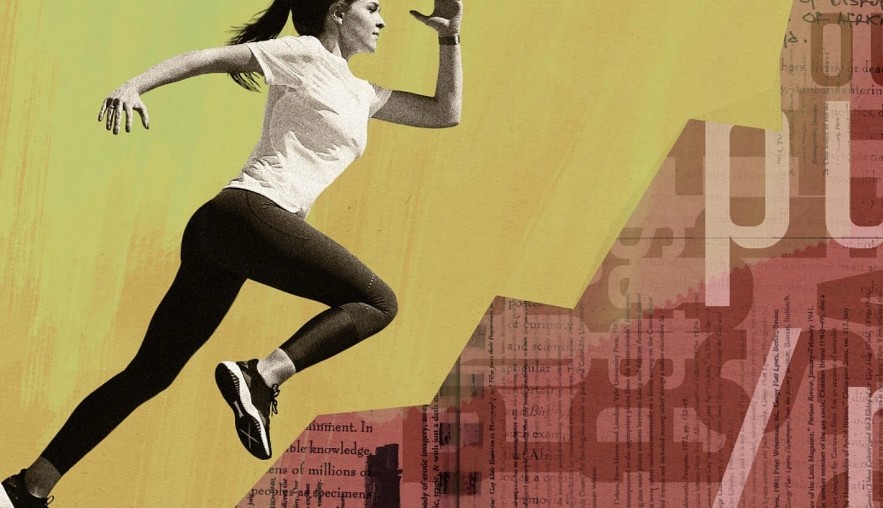 |
| ChatGpt is becoming increasingly smart in the medical field but can replace the doctor? |
When asked: "Do you think artificial intelligence can replace doctors?", ChatGpt's answer was: "Artificial intelligence (AI) has the potential to improve and support healthcare in a way AI can help doctors make more informed decisions, provide information about diseases and treatments, it can also be used to self-medicate to automate some repetitive tasks and to improve efficiency and accuracy. However, AI is not capable of providing personalized treatment and empathy like doctors." .
Furthermore, the AI data is not suitable for all cases, so it is possible to suggest incorrect treatments. That is why it is important that the doctor always consider the recommendations of the AI system and make the final decision.
In short, AI can be a valuable tool to support primary care, but it is unlikely to completely replace doctors.
 Top 15 Jobs Will Be Erased Because Of Al, ChatGPT and More Top 15 Jobs Will Be Erased Because Of Al, ChatGPT and More With the rapid development of Artificial Intelligence (AI) and recently ChatGPT, experts attending the delegation in the next few years will have a series of ... |
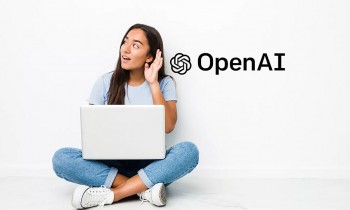 ChatGPT: Good or Bad for Education? ChatGPT: Good or Bad for Education? Some educators warn about the possibility that AI systems like ChatGPT chatbots will completely change the academic world in both positive and negative directions. In ... |
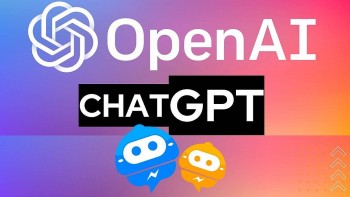 What Can ChatGPT Do to Cause A Global Storm? What Can ChatGPT Do to Cause A Global Storm? ChatGPT has been a sensation since its introduction in November 2022, prompting widespread interest and scrutiny. |
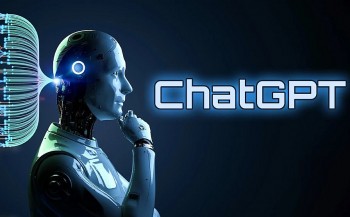 ChatGPT: Everything to Know ChatGPT: Everything to Know Knowinsiders.com has everything you need to know about ChatGPT: What it can do, Limitations to overcome, Free and Price, Q&A, etc. |
 How Many Languages ChatGPT Supports - Updated How Many Languages ChatGPT Supports - Updated ChatGPT has lots of applications that make life easier and help you earn money. One of its biggest strengths is being multilingual. Check out how ... |
















